Table of Contents
ToggleIntroduction
Bhopal, the capital city of Madhya Pradesh, India, is a place where history, culture, and modernity coexist harmoniously. Known as the “City of Lakes,” the city is famous for its scenic beauty, vibrant culture, and historical significance. This city offers a unique blend of rich traditions and contemporary lifestyle, making it a fascinating destination for travelers and historians alike.
Historical Significance
Early History and Founding
Bhopal’s history dates back to ancient times, with traces of human settlements found as early as the prehistoric period. The city was established in the 11th century by Raja Bhoj, a Parmara king, who named it Bhojpal after himself. Over the centuries, this city has witnessed various rulers, each contributing to its rich heritage.
The Nawabs of Bhopal
The Nawabs played a significant role in shaping Bhopal’s identity. The city became a princely state under the Mughal Empire and later under British rule. The Nawabs, particularly Begum rulers like Qudsia Begum and Shah Jahan Begum, are remembered for their progressive governance and contributions to the city’s development, especially in education, architecture, and public infrastructure.
Bhopal During British Rule
Under British rule, it continued to flourish as a princely state. The city became a hub for trade and education, with several institutions established during this period. The influence of British architecture is still evident in some of the city’s buildings and public spaces.
The Bhopal Gas Tragedy
Overview of the Incident
One of the darkest chapters in Bhopal’s history is the Bhopal Gas Tragedy, which occurred on the night of December 2-3, 1984. A gas leak from the Union Carbide India Limited pesticide plant released methyl isocyanate (MIC) gas into the atmosphere, resulting in one of the world’s worst industrial disasters.
Causes and Consequences
The tragedy was caused by poor maintenance and inadequate safety measures at the plant. Over 500,000 people were exposed to the toxic gas, leading to thousands of deaths and long-term health issues for survivors. The environmental damage was severe, with contaminated soil and water affecting the region for years.
The Aftermath and Legal Battles
The aftermath of the disaster saw prolonged legal battles as victims sought justice and compensation. The incident highlighted the need for stringent safety regulations in industries and brought global attention to the plight of the affected communities.
Impact on Bhopal’s Development
The Bhopal Gas Tragedy left a lasting impact on the city’s development. While this city has made significant progress since then, the incident remains a poignant reminder of the importance of industrial safety and environmental responsibility.
Geography and Climate
Location and Topography
Bhopal is situated in the central part of India, making it easily accessible from various parts of the country. The city is known for its hilly terrain, dotted with lakes and green spaces, offering a picturesque landscape.
Weather Patterns and Best Time to Visit
Bhopal experiences a humid subtropical climate, with hot summers, a monsoon season, and mild winters. The optimal time to visit is between October and March, as the winter months offer comfortable weather perfect for exploring the sights.
Bhopal’s Architectural Heritage
Historical Monuments and Buildings
The city is home to several historical monuments that reflect its rich heritage. The city boasts a mix of Mughal, Nawabi, and British architectural styles, with grand palaces, mosques, and colonial-era buildings.
The Influence of Mughal and Nawabi Architecture
The influence of Mughal and Nawabi architecture is evident in many of Bhopal’s iconic structures. The Gohar Mahal, Shaukat Mahal, and the Taj-ul-Masajid are prime examples of this architectural style, with their intricate designs and grandiose presence.
Famous Temples and Mosques
The city is also known for its religious diversity, with numerous temples and mosques that are not only places of worship but also architectural marvels. The Birla Mandir, Moti Masjid, and Jama Masjid are some of the must-visit religious sites in the city.
Tourist Attractions
The Upper Lake and Lower Lake
The Upper Lake, also known as Bhojtal, is one of the largest artificial lakes in India and a major attraction in Bhopal. The serene surroundings and opportunities for boating make it a favorite spot for both locals and tourists. The Lower Lake, connected to the Upper Lake, is another scenic spot worth visiting.
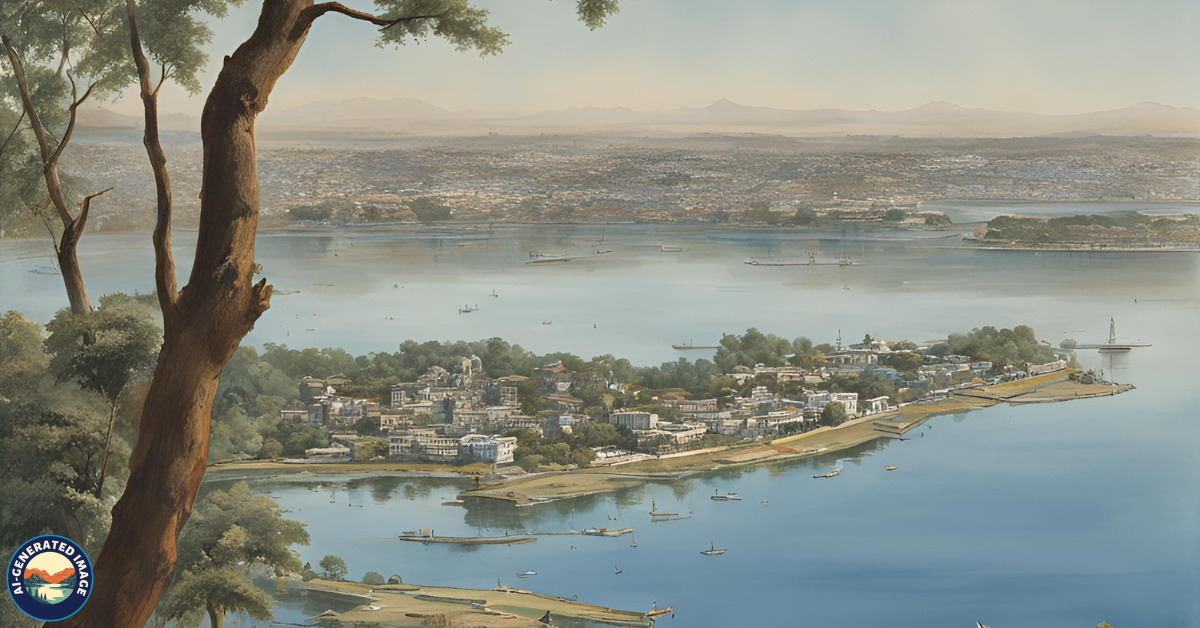
Bharat Bhavan
Bharat Bhavan is a multi-arts complex and museum that showcases the cultural richness of Bhopal. It hosts various exhibitions, performances, and workshops, making it a hub for artists and art lovers.
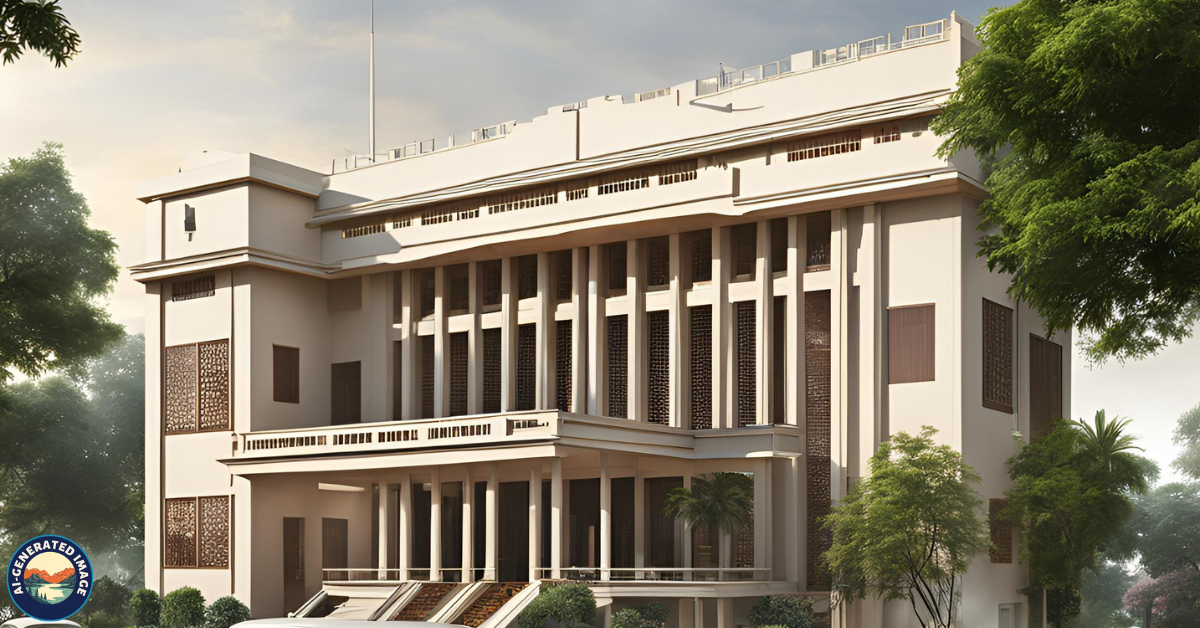
Van Vihar National Park
Nestled along the shores of the Upper Lake, Van Vihar National Park is a paradise for those passionate about wildlife. The park is home to a variety of animals, including tigers, leopards, and numerous bird species, offering visitors a chance to experience nature up close.
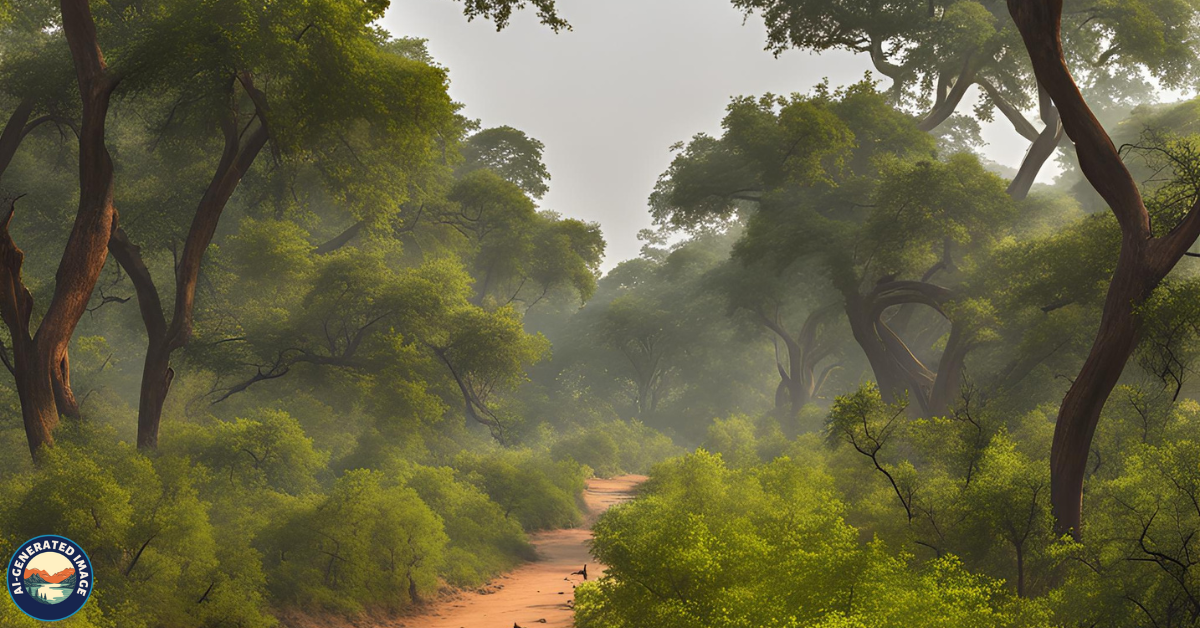
Taj-ul-Masajid
The Taj-ul-Masajid is one of the largest mosques in India, known for its stunning architecture and spiritual significance. The mosque’s towering minarets and expansive prayer hall are awe-inspiring, making it a must-visit for anyone exploring Bhopal.
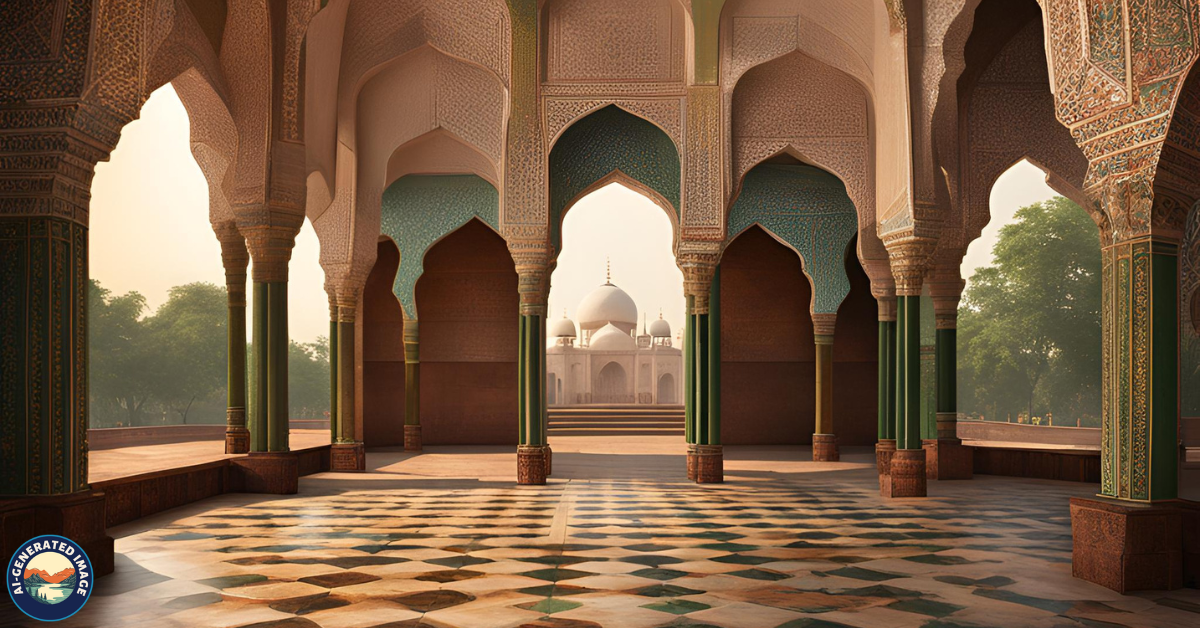
Moti Masjid
Another architectural gem, Moti Masjid, is known for its elegant design and historical importance. Built by Sikandar Begum, the mosque is a symbol of Bhopal’s Islamic heritage.
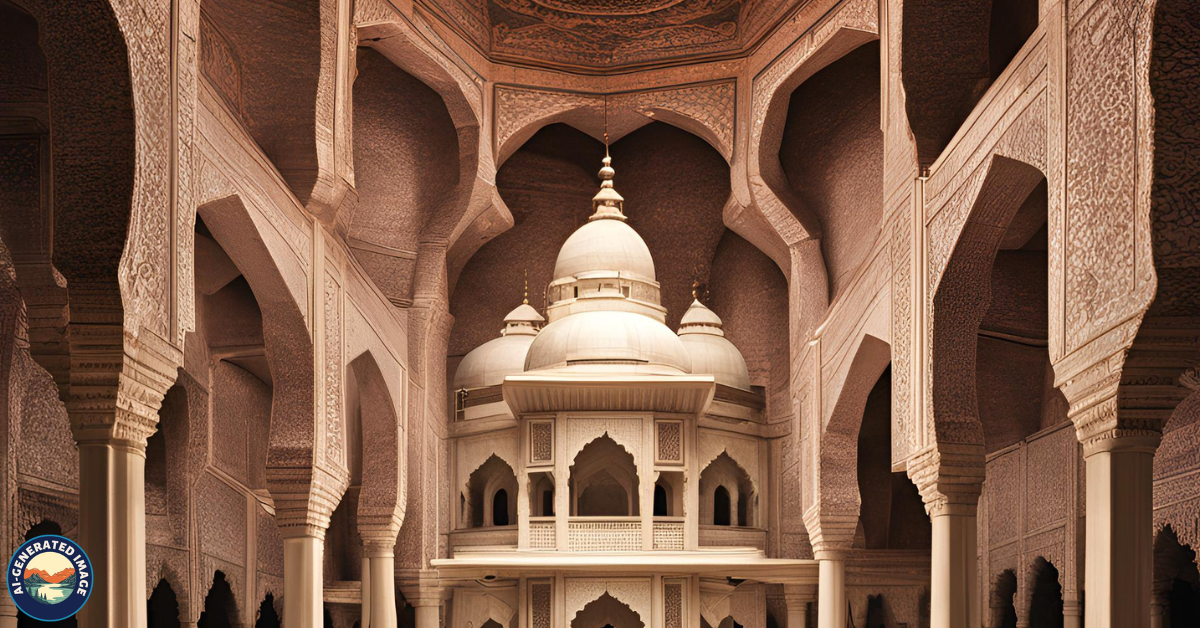
State Museum of Madhya Pradesh
The State Museum of Madhya Pradesh offers a glimpse into the state’s rich history and culture. The museum houses a vast collection of artifacts, sculptures, and paintings, providing visitors with a deeper understanding of Bhopal’s past.
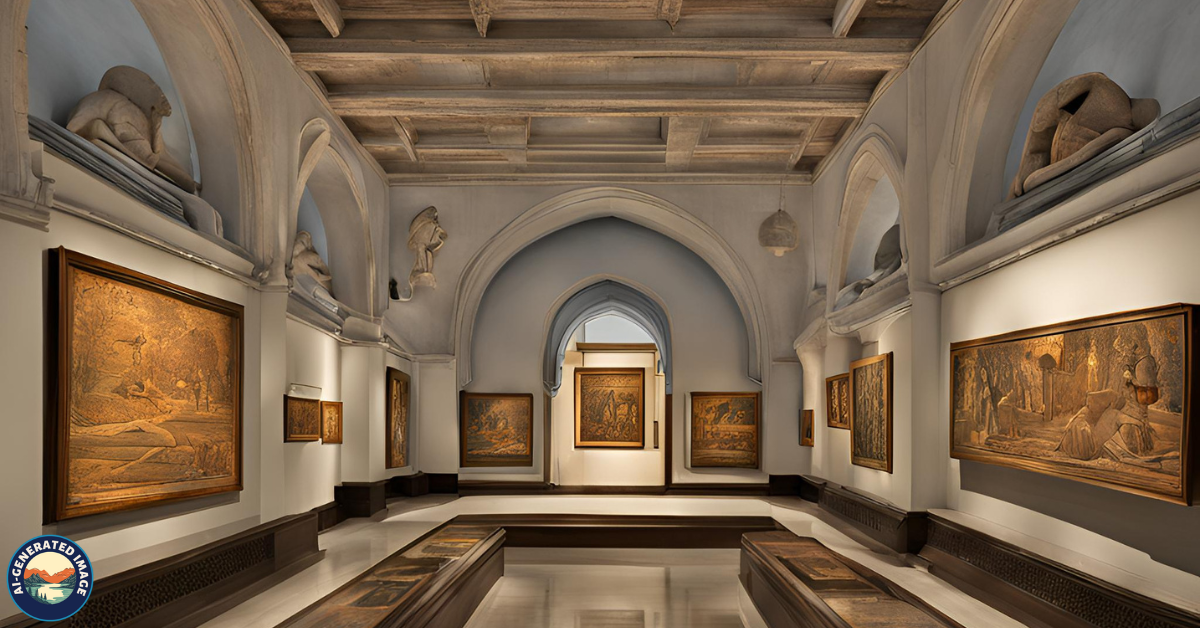
Sanchi Stupa
Although not located within the city, the Sanchi Stupa is a UNESCO World Heritage Site situated just a short drive from Bhopal. It is one of the most important Buddhist monuments in India, known for its historical and religious significance.
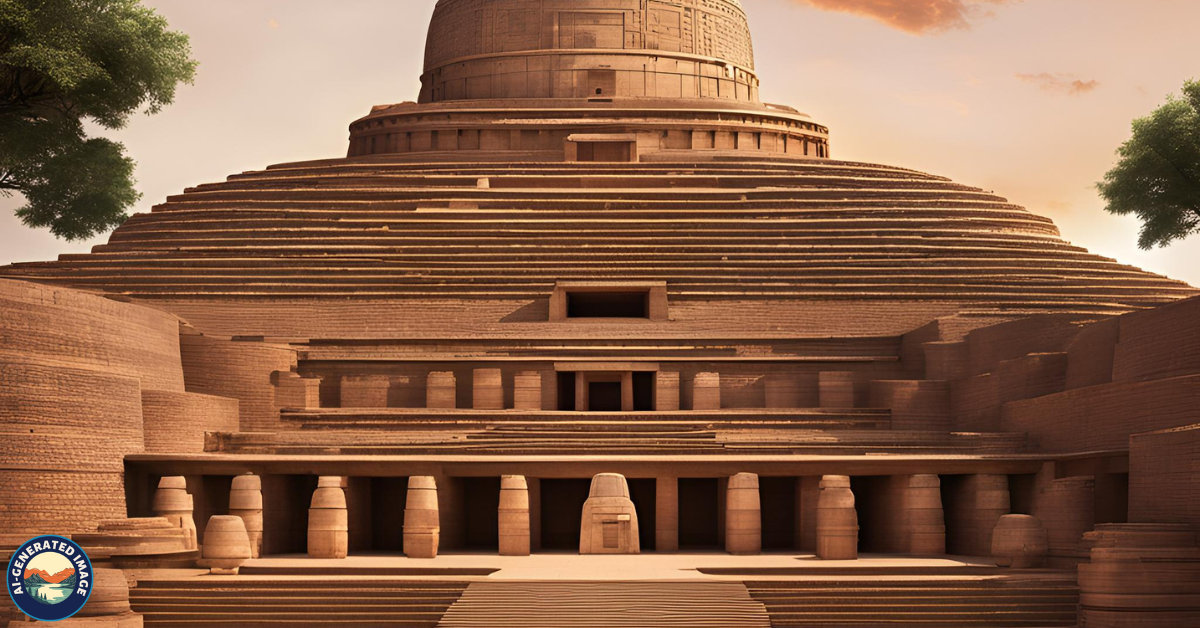
Culture and Traditions
Language and Religion
This place is a melting pot of cultures, with a diverse population that includes Hindus, Muslims, Sikhs, and Christians. Hindi is the predominant language, but Urdu is also widely spoken, reflecting the city’s historical connections with the Mughal and Nawabi eras.
Festivals Celebrated in Bhopal
The city is known for its vibrant festivals, celebrated with great enthusiasm. Eid, Diwali, Holi, and Navratri are among the major festivals that bring the city to life, with people from different communities participating in the celebrations.
Traditional Bhopali Cuisine
Bhopal’s cuisine is a delightful mix of Mughlai and local flavors. The city is famous for its street food, kebabs, biryani, and traditional sweets like Jalebi and Petha. Food lovers visiting this city should not miss trying the local delicacies.
Education and Research Institutions
Major Universities and Colleges
Bhopal is an educational hub, home to several prestigious institutions. The city boasts renowned universities and colleges like Barkatullah University, Maulana Azad National Institute of Technology (MANIT), and the Indian Institute of Science Education and Research (IISER).
Research Centers and Institutes
In addition to universities, Bhopal hosts several research institutes that contribute to advancements in various fields. The Indian Institute of Forest Management (IIFM) and the National Institute of Research in Environmental Health (NIREH) are prominent centers of research in the city.
Economy and Industry in Bhopal
Major Industries
Bhopal’s economy is diverse, with a mix of traditional industries and modern enterprises. The city is known for its manufacturing sector, particularly in textiles, chemicals, and engineering goods.
Growth of IT and Service Sectors
In recent years, the city has seen significant growth in the IT and service sectors, with several tech companies setting up operations in the city. This has played a key role in generating jobs and boosting economic growth.
Role of Bhopal in Madhya Pradesh’s Economy
As the capital of Madhya Pradesh, it plays a crucial role in the state’s economy. The city’s strategic location and growing infrastructure make it a key player in the region’s economic landscape.
Transportation
Bhopal’s Connectivity by Air, Rail, and Road
This place is well-connected by air, rail, and road, making it easily accessible from different parts of the country. The Raja Bhoj Airport offers flights to major Indian cities, while the Bhopal Junction railway station is a major rail hub. The city is further linked through an extensive network of national highways.
Public Transport within the City
The city has a well-developed public transport system, including buses, auto-rickshaws, and app-based cab services. The introduction of the Bhopal Metro is expected to further enhance the city’s connectivity.
Upcoming Infrastructure Developments
The city is witnessing rapid infrastructure development, with several projects aimed at improving transportation and public amenities. These developments are expected to boost Bhopal’s appeal as a modern urban center.
Social Life and Lifestyle
Modern Bhopal: Blending Tradition with Modernity
Bhopal is a city that beautifully blends tradition with modernity. While it retains its historical charm, the city is also embracing modern lifestyles, with malls, multiplexes, and trendy cafes becoming increasingly popular.
Shopping and Entertainment
The city’s shopping scene is a mix of traditional markets and modern malls. From handicrafts to designer labels, Bhopal offers a wide range of shopping options. The city also has a vibrant entertainment scene, with theaters, music concerts, and cultural events held regularly.
Popular Neighborhoods and Residential Areas
Bhopal has several well-planned residential areas that offer a high quality of life. Some of the popular neighborhoods include Arera Colony, Shahpura, and Kolar Road, known for their greenery and modern amenities.
Arts and Literature
Notable Artists and Writers
Bhopal has been home to several notable artists and writers who have made significant contributions to Indian arts and literature. The city’s artistic community is vibrant, with a rich tradition of painting, theater, and writing.
Cultural Events and Festivals
The city hosts numerous cultural events and festivals throughout the year, celebrating its artistic heritage. The Bhopal Utsav and Bharat Bhavan’s annual events are highlights of the city’s cultural calendar.
Environmental Initiatives
Efforts to Preserve Lakes and Green Spaces
This place is known for its lakes and green spaces, and efforts are being made to preserve these natural assets. Various environmental initiatives have been launched to protect the city’s lakes, promote afforestation, and reduce pollution.
Environmental Challenges and Solutions
Like many growing cities, Bhopal faces environmental challenges such as water pollution, deforestation, and urban sprawl. However, local government and NGOs are working on solutions to address these issues and promote sustainable development.
Challenges and Opportunities
Urbanization and Its Impact
The city is experiencing rapid urbanization, which presents both challenges and opportunities. It must balance growth with the need to preserve its historical and natural heritage.
Future Prospects for Growth and Development
Looking ahead, Bhopal has significant potential for growth and development. With ongoing infrastructure projects, a growing economy, and a rich cultural heritage, the city is poised to become an even more prominent center in India.
Conclusion
Bhopal is a city of contrasts, where history meets modernity, and tradition blends seamlessly with contemporary life. From its scenic lakes to its rich cultural heritage, it offers something for everyone. Whether you’re a history buff, a nature lover, or simply looking to experience the vibrant culture of India, this city is a destination worth exploring.
FAQs
-
What is the best time to visit?
The prime time to visit is between October and March when the weather is mild and perfect for sightseeing.
-
How can one reach this city?
The city is well-connected by air, rail, and road, with the Raja Bhoj Airport offering flights to major cities, and Bhopal Junction being a major railway station.
-
What are some must-try dishes in Bhopal?
This place is famous for its Mughlai cuisine, with must-try dishes including kebabs, biryani, and traditional sweets like Jalebi and Petha.
-
Is this city safe for tourists?
Yes, it is generally safe for tourists, but like any other city, it’s advisable to take standard precautions while traveling.
-
What are the most famous tourist attractions?
Some of the most famous tourist attractions in this city include the Upper Lake, Taj-ul-Masajid, Bharat Bhavan, and the Sanchi Stupa.
